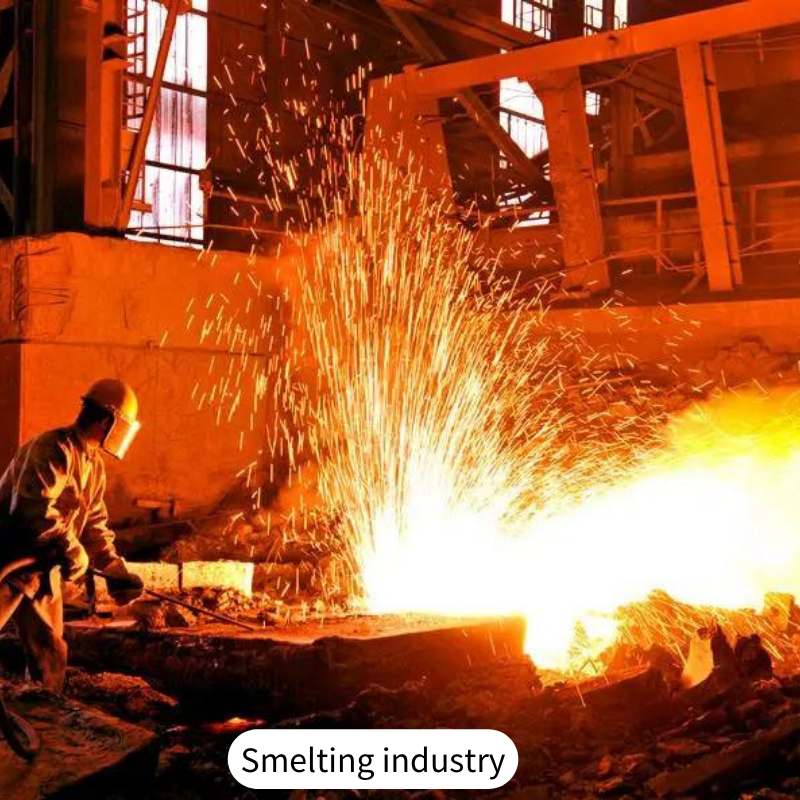
Exploring the Benefits of Chinese Zeolite from Volcanic Rock for Various Applications
The Significance of Chinese Zeolite Volcanic Rock in Modern Applications
Zeolites are a group of naturally occurring minerals that have gained substantial interest owing to their unique porous structure and ion-exchange properties. China, with its rich geological diversity, is home to a variety of zeolite deposits, mainly sourced from volcanic rocks. This article explores the characteristics, applications, and significance of Chinese zeolite volcanic rock in various industries.
Origins and Formation
Zeolites are formed from the alteration of volcanic ash and other aluminosilicate materials in the presence of alkaline groundwater over extended geological periods. The volcanic rocks in regions like Inner Mongolia, Yunnan, and Jiangxi are especially conducive to zeolite formation. Over time, changes in temperature, pressure, and chemical environment contribute to the distinct properties of these zeolites. The most common types of zeolites found in China include clinoptilolite and mordenite, both of which possess high cation-exchange capacities and thermal stability, making them ideal for various applications.
Properties of Chinese Zeolite
The unique structural framework of zeolites allows them to selectively adsorb molecules, making them extremely useful in a range of applications
. Chinese zeolites, particularly those derived from volcanic sources, exhibit1. High Surface Area This property facilitates effective absorption and adsorption of gases and liquids. 2. Ion Exchange Capability Their capacity to exchange cations enhances their utility in environmental remediation and agriculture. 3. Thermal Stability Volcanic zeolites maintain structural integrity even at higher temperatures, making them suitable for industrial processes.
Applications in Agriculture
One of the most significant applications of zeolite volcanic rock is in agriculture. Farmers utilize zeolites to improve soil quality, enhance nutrient retention, and regulate moisture levels. The high cation-exchange capacity of zeolite allows for the retention of essential nutrients like potassium, calcium, and magnesium, providing them gradually to plants as needed. This not only boosts crop yield but also reduces the need for chemical fertilizers, promoting sustainable agricultural practices.
china zeolite volcanic rock

Furthermore, zeolites are effective in improving the water retention capabilities of sandy soils, thereby aiding in drought management. Their ability to absorb and release moisture as required helps maintain optimal conditions for plant growth.
Environmental Remediation
Chinese zeolite volcanic rock plays a crucial role in environmental remediation efforts. Due to its ion-exchange properties, zeolite is commonly used to remove heavy metals and toxins from wastewater. The porous structure allows for the adsorption of harmful substances, facilitating the purification of effluents before they are released into water bodies. This application is especially important in industrial regions where water pollution is a significant concern.
In addition to wastewater treatment, zeolites have also been incorporated in air purification systems. Their capacity to adsorb volatile organic compounds (VOCs) and other pollutants enhances air quality and contributes to healthier living environments.
Industrial Applications
Industrially, zeolites are employed as catalysts in petrochemical processes. Their unique molecular structure enhances reaction efficiency, which is vital in the production of fuels and chemicals. Moreover, zeolites are utilized in the production of detergents, where they function as water softeners, helping to improve cleaning efficacy without harmful effects on the environment.
Zeolite's thermal stability also lends itself well to applications in the construction industry, where it is used as a lightweight aggregate in concretes and other building materials. This not only reduces the overall weight of structures but also improves insulation properties.
Conclusion
The significance of Chinese zeolite volcanic rock cannot be overstated. Its unique properties and versatility make it a valuable resource across multiple sectors, including agriculture, environmental remediation, and industrial applications. As research advances and new methods are developed, the potential for zeolite applications continues to expand, reinforcing its position as a crucial component in promoting sustainable practices and enhancing efficiency in various industries. The ongoing exploration of China's vast geological resources promises even greater innovations and uses for zeolite volcanic rock in the future.
Share
-
Vermiculite Wholesale – Premium Quality, Bulk Supply & Competitive PricingNewsJun.10,2025
-
Premium Glass Pebbles Custom Glass Pebbles Factory & OEM Manufacturer Reliable Custom Glass Pebbles FactoriesNewsJun.10,2025
-
Expert Custom Zeolite Producers Manufacturers & FactoriesNewsJun.10,2025
-
Custom Glow in the Dark Beads High-Quality Custom ManufacturersNewsJun.10,2025
-
China Ceramsite Balls Factory - Lightweight & Durable Media Solutions ManufacturerNewsJun.09,2025
-
Custom Matte Mica Powder Manufacturers High Quality & AffordableNewsJun.09,2025






